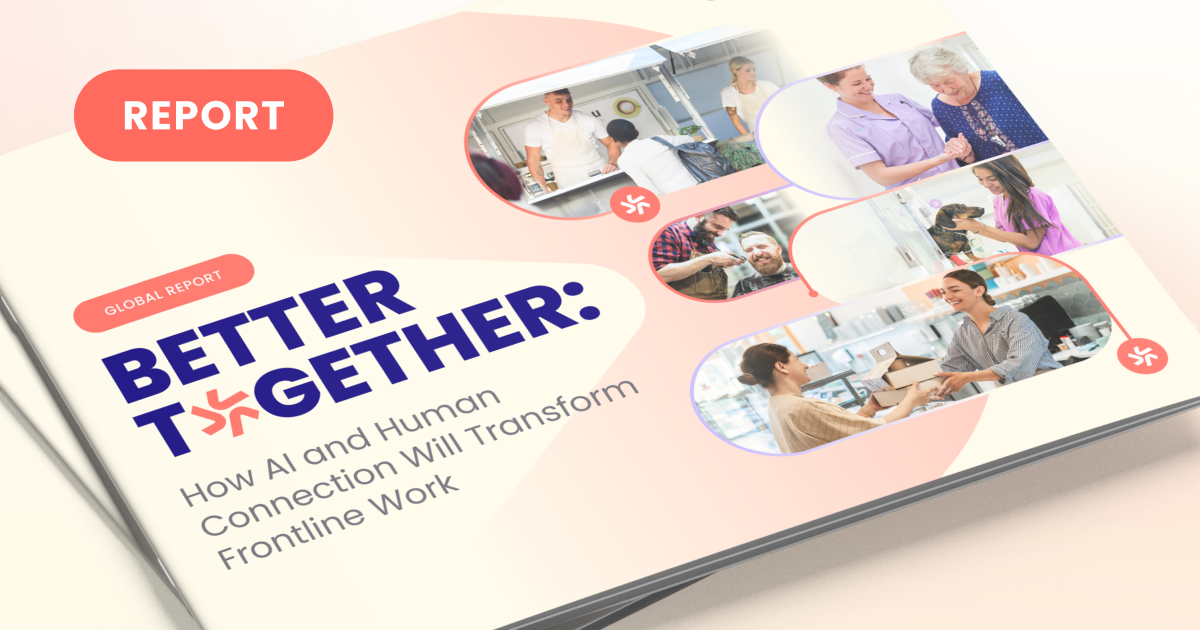Deputy Blog
The go-to place for employers, managers, and employees to connect and learn about the world of work
Latest content
All resources
Discover more Deputy resources
Newsroom
Latest news from employee scheduling and workforce management platform Deputy.
Read more
Press
People are talking. Want to know what they're saying? Stay on top of the latest Deputy news.
Read more
Training
Sign up for monthly training with our experts — or check out our library of tutorial videos.
Help
Get advice and answers from the Deputy team on frequently asked questions.
Get help






















